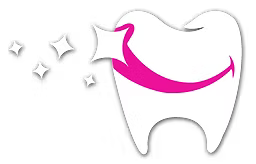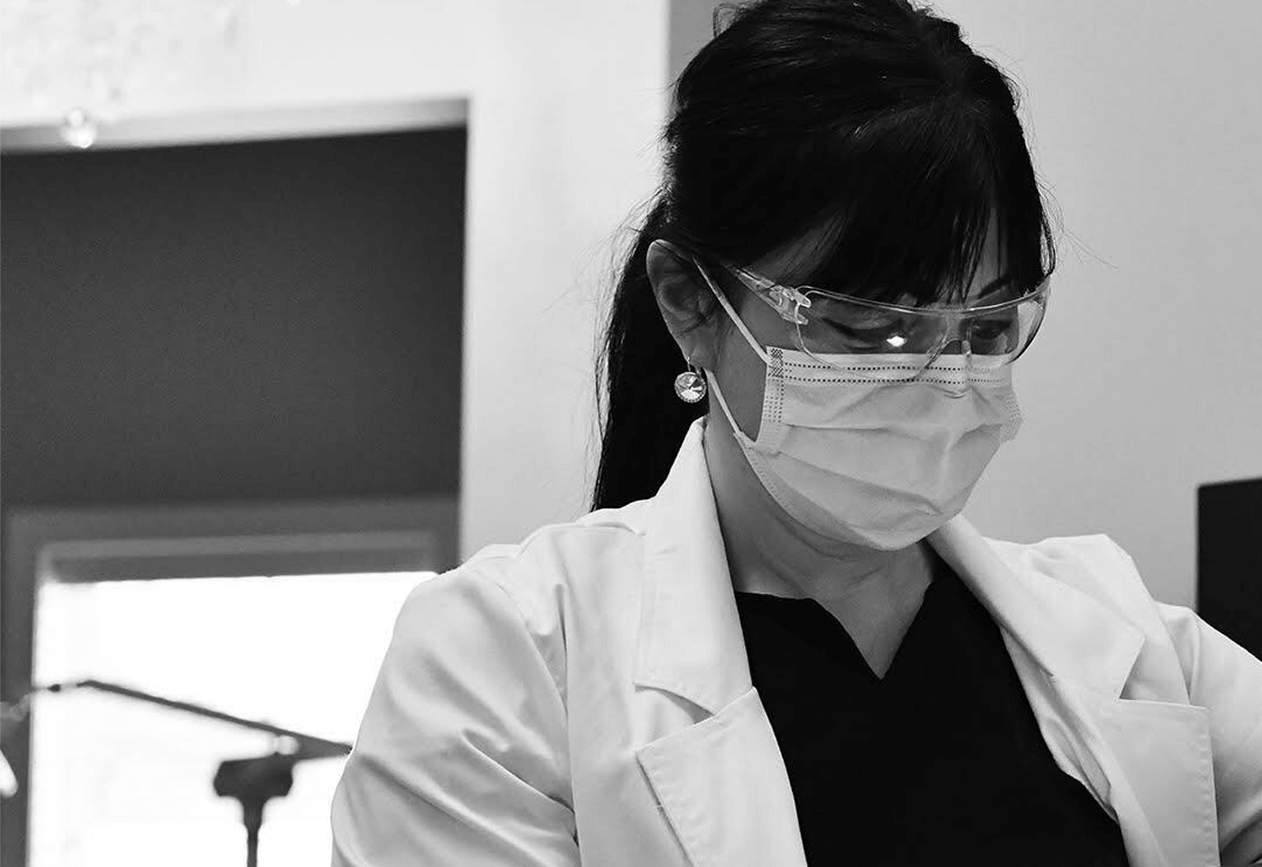The Truth About Mouthwash: Does It Really Work?
How Does Mouthwash Work? The Science Behind Your Rinse
Brushing twice a day and flossing regularly form the foundation of good oral hygiene. But many people wonder whether adding mouthwash to their routine actually makes a difference. The short answer is yes — when used correctly, mouthwash can provide significant benefits beyond what brushing and flossing alone can achieve.
Mouthwash works through several key mechanisms that target different aspects of oral health. Understanding how your rinse functions can help you make better choices about incorporating it into your daily routine and selecting the right product for your needs.
How Mouthwash Works
Mouthwash operates through multiple pathways to improve your oral health, each targeting specific concerns that affect your mouth and teeth.
1. Reduces Harmful Bacteria
The primary function of most mouthwashes involves reducing harmful bacteria throughout your mouth. Antibacterial ingredients like chlorhexidine and essential oils kill or inhibit bacterial growth in areas that your toothbrush and floss might miss. This bacterial reduction helps prevent plaque buildup, which can lead to gum disease and persistent bad breath.
2. Freshening Your Breath
Mouthwash contains flavoring agents that neutralize unpleasant odors and leave your mouth feeling fresh. Rather than simply masking bad breath, quality mouthwashes address the underlying bacterial causes while providing an immediate improvement in how your breath smells and tastes.
3. Strengthening Tooth Enamel
Many mouthwashes include fluoride, a mineral that helps strengthen tooth enamel and provides additional protection against cavities. This fluoride works by remineralizing weak spots in your teeth, making them more resistant to acid attacks from bacteria.
4. Reducing Tooth Sensitivity
Specialized mouthwashes contain desensitizing ingredients such as potassium nitrate or arginine. These compounds block pain signals from reaching the nerves in sensitive teeth, providing relief from discomfort when eating hot, cold, or sweet foods.
Benefits of Using Mouthwash
Incorporating mouthwash into your oral hygiene routine offers several advantages that complement your regular brushing and flossing habits.
Mouthwash reaches areas of your mouth that brushing and flossing may not fully address, including the back of your tongue, throat area, and small crevices between teeth. This comprehensive coverage helps create a cleaner, healthier oral environment.
Regular use can also help maintain fresher breath throughout the day, especially when combined with proper dental care. For people with specific concerns like dry mouth, gum sensitivity, or frequent cavities, therapeutic mouthwashes can provide targeted relief.
How to Use Mouthwash Effectively
Proper technique maximizes the benefits you receive from your mouthwash. Use approximately one ounce (about two tablespoons) of mouthwash and swish it around your mouth for 30 to 60 seconds. Make sure the liquid reaches all areas of your mouth, including between your teeth and along your gum line.
Avoid eating, drinking, or rinsing with water immediately after using mouthwash to allow the active ingredients time to work. For best results, use mouthwash after brushing and flossing, when your mouth is already clean, so the mouthwash can work most effectively.
Remember that mouthwash should supplement, not replace, your regular brushing and flossing routine. Think of it as an additional tool in your oral health toolkit rather than a standalone solution.
Experience Dentistry: Your Partner in Oral Health
At Experience Dentistry, we practice all aspects of general and preventative dentistry for the entire family. Whether you’re looking for routine cleanings, cavity treatment, or guidance on improving your oral hygiene routine, we provide comprehensive care tailored to your needs.
We believe that dental visits should be comfortable and stress-free. That’s why we go the extra mile to create a relaxing atmosphere — if you have a favorite song that helps you relax, just let us know and we’ll have it ready for your visit.
Ready to discuss your oral hygiene routine with a professional? Contact us today to schedule your next dental appointment at Experience Dentistry. Our team can help you develop a personalized care plan that includes the right combination of at-home care and professional treatments to keep your smile healthy and bright.




